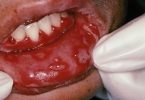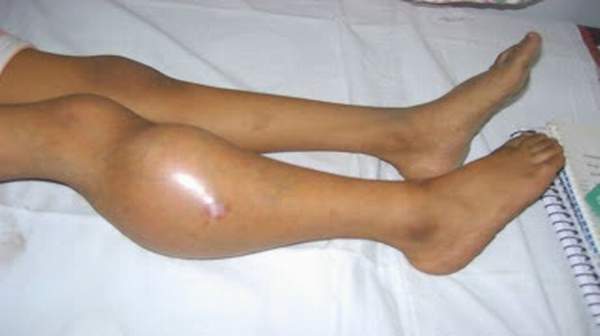Cold and Flu Overview
The common cold, including chest cold and head cold, and seasonal flu are caused by viruses. Use over-the-counter cold medications to relieve symptoms including sore throat, runny nose, congestion, and cough. Flu symptoms are similar, but include fever, headache and muscle soreness. See a doctor who may prescribe antiviral medications Relenza or Tamiflu.
Most of us will have a cold this autumn or winter and some of us will have flu. Here’s how to look after yourself if these viruses affect you.
Colds and flu are caused by viruses. There are more than 200 common cold viruses and three types of flu virus with many different strains, so they’re hard to avoid.
These viruses can be spread through droplets that are coughed and sneezed out by an infected person. The viruses can also be transferred on a person’s fingers. For example, if you have a cold and you touch your nose or eyes and then touch someone else, you may pass the virus on to them.
When you wake up sneezing, coughing, and have that achy, feverish, can’t move a muscle feeling, how do you know whether you have cold symptoms or the flu?
It’s important to know the difference between flu and cold symptoms. A cold is a milder respiratory illness than the flu. While cold symptoms can make you feel bad for a few days, flu symptoms can make you feel quite ill for a few days to weeks. The flu can also result in serious health problems such as pneumonia and hospitalizations.
The main symptoms of winter cold and flu bugs are:
- coughing
- sneezing
- blocked nose
- sore throat
- headache
- a slight temperature
If these are the only symptoms you have, it’s unlikely that your GP will be able to do anything.
You may want to visit your local pharmacy, where you can get advice on how to manage the symptoms and buy over-the-counter medicine.
What can I do to prevent and treat it?
The best way to prevent contracting a cold or flu is to:
- Wash your hands frequently
- Avoid close contact with people who have a cold or the flu
- Avoid touching your nose, eyes and mouth
- Get a flu shot (effective only against the flu virus)
There are several types of OTC medications to help treat colds, coughs and the flu:
- Decongestants – clears stuffy noses
- Cough Suppressants – suppresses coughs
- Expectorants – loosens phlegm to make coughs more productive
- Lozenges – soothes sore throats





